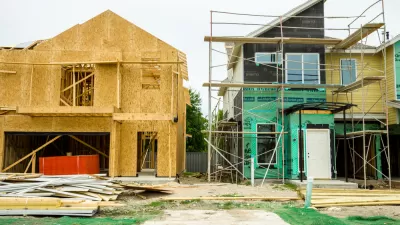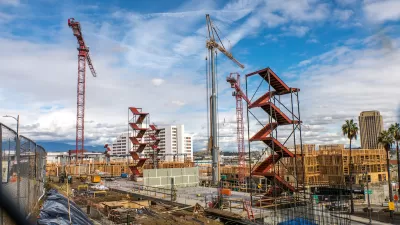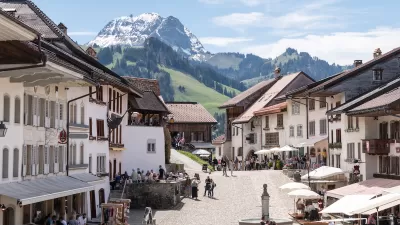The flawed logic behind an all-too-common planning misconception.
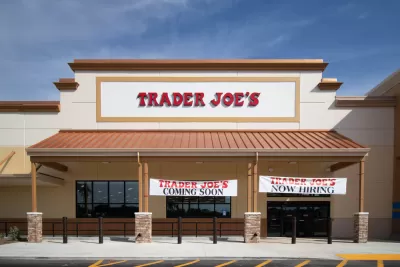
Writing in Strong Towns, Daniel Herriges warns against a common style of public comment that fails to grasp the realities of how development decisions are made. Herriges illustrates this genre of uninformed, self-serving comments as “The city should put a Trader Joe's there.”
As Herriges explains, “The reason the city can’t put a Trader Joe's there is because the city doesn't make that decision at all.” The process involves many more parties, such as the landowner and Trader Joe’s. And while rezoning processes often garner public attention, “it’s very rare that a local government actively recruits a specific business to occupy a site, let alone when that site itself is private property.”
While such complaints can largely be attributed to “simple ignorance,” Herriges writes, “there’s something deeper going on: a flaw in the basic mental model that people use to describe how their neighborhood takes shape.”
For Herriges, the problem rests in part on the assumption that there is a master planner or designer making decisions about how a city grows, even if that planner is some vague version of “the community” or “the city.” But most decisions are made by many individuals and entities with often disparate interests.
Ultimately, Herriges encourages people invested in the future of their communities to think about the specifics of what “we” and “they” mean in the urban planning and development context, what concrete outcomes they want to see, and how decisions about those outcomes are actually made.
FULL STORY: “The City Should Put a Trader Joe’s There” (and Other Muddled Thinking About Development)

Planetizen Federal Action Tracker
A weekly monitor of how Trump’s orders and actions are impacting planners and planning in America.

USGS Water Science Centers Targeted for Closure
If their work is suspended, states could lose a valuable resource for monitoring, understanding, and managing water resources.
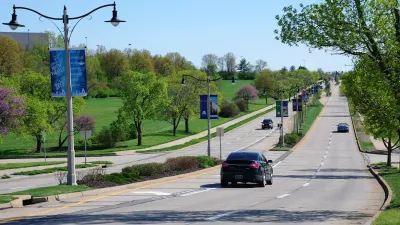
End Human Sacrifices to the Demanding Gods of Automobile Dependency and Sprawl
The U.S. has much higher traffic fatality rates than peer countries due to automobile dependency and sprawl. Better planning can reduce these human sacrifices.

Seattle Transit Asked to Clarify Pet Policy
A major dog park near a new light rail stop is prompting calls to update and clarify rules for bringing pets on Seattle-area transit systems.

Oregon Bill Would End Bans on Manufactured Housing
The bill would prevent new developments from prohibiting mobile homes and modular housing.

Nashville Doesn’t Renew Bike Share Contract, Citing Lost Federal Funding
The city’s bike share system, operated by BCycle, could stop operating if the city doesn’t find a new source of funding.
Urban Design for Planners 1: Software Tools
This six-course series explores essential urban design concepts using open source software and equips planners with the tools they need to participate fully in the urban design process.
Planning for Universal Design
Learn the tools for implementing Universal Design in planning regulations.
Tyler Technologies
New York City School Construction Authority
Village of Glen Ellyn
Transportation Research & Education Center (TREC) at Portland State University
Chaddick Institute at DePaul University
Institute for Housing and Urban Development Studies (IHS)
Regional Transportation Commission of Southern Nevada
Toledo-Lucas County Plan Commissions


























